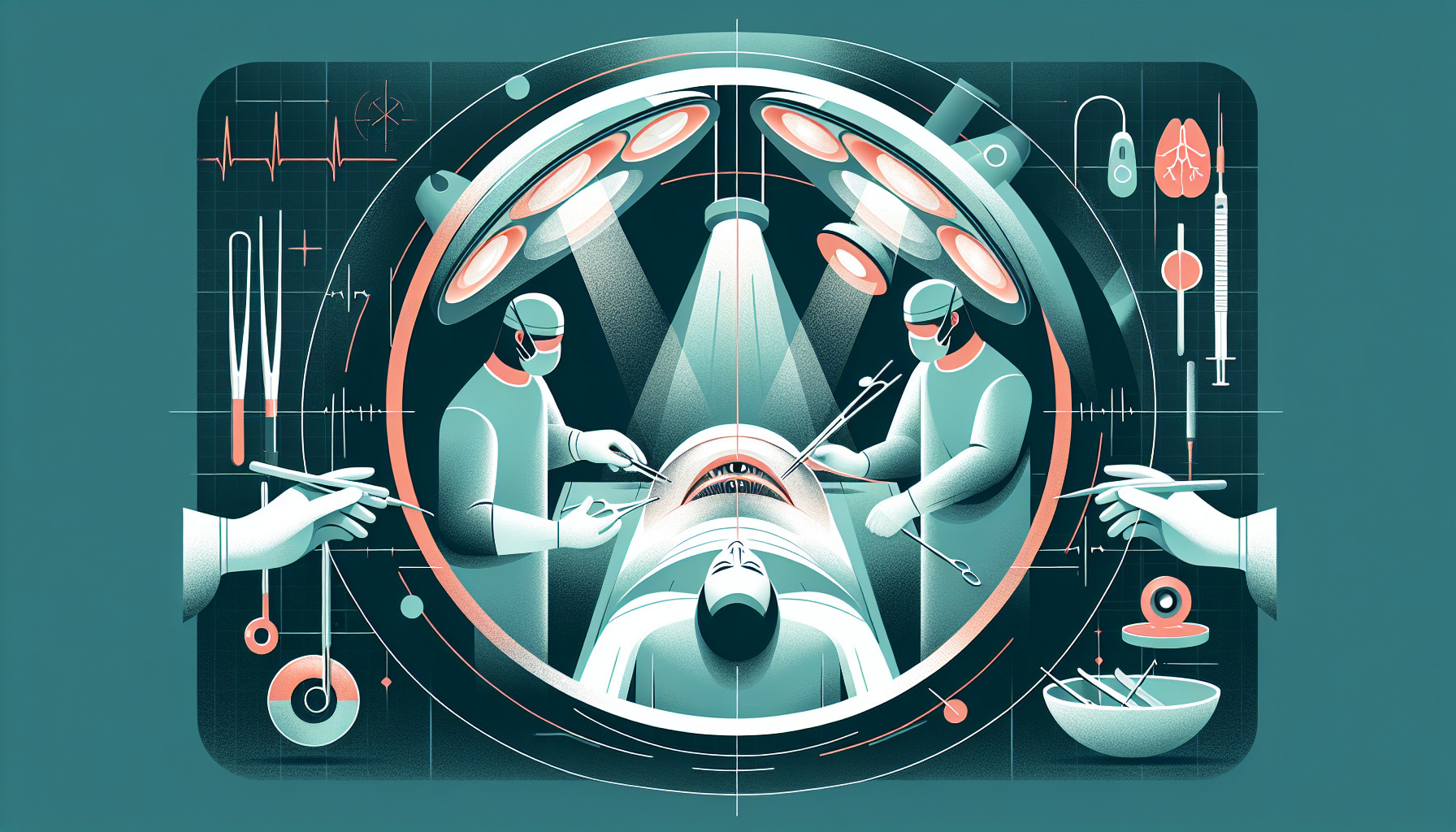Our Summary
Cataract surgery is a common procedure, especially among older adults. While the surgery itself has greatly advanced, the post-surgery care hasn’t kept up. Currently, patients have to use eye drops to avoid complications, but many older adults struggle with this because of physical or mental health issues. This article looks at why we need better ways to administer drugs after cataract surgery and what is being done to improve it. New technologies including implants, polymers, and nanotechnology are being used to create better drug delivery systems. The goal is to have a single treatment that releases the right amount of drug over a certain period. This would be a big improvement for older adults who have trouble with eye drops.
FAQs
- What are some common issues with post-surgery care after cataract surgery?
- What new technologies are being developed to improve drug delivery systems for post-cataract surgery care?
- What are the benefits of a single treatment that releases the right amount of drug over a certain period after cataract surgery?
Doctor’s Tip
One helpful tip a doctor might tell a patient about cataract surgery is to follow the post-surgery instructions carefully, especially regarding the use of prescribed eye drops. These eye drops are essential for preventing infection and promoting healing after surgery. It is important to use them as directed and to not skip any doses. If you are having trouble administering the drops yourself, ask a family member or caregiver for assistance. It is crucial to take good care of your eyes during the recovery period to ensure the best possible outcome from the surgery.
Suitable For
Patients who are typically recommended cataract surgery include:
Individuals with significant vision impairment due to cataracts, affecting their ability to perform daily tasks such as reading, driving, or watching television.
Patients experiencing glare or halos around lights, decreased night vision, or double vision as a result of cataracts.
Those with cataracts that are causing difficulty in distinguishing colors or shapes.
Patients with cataracts that are affecting their quality of life and overall well-being.
Older adults who have been diagnosed with cataracts and are in good overall health to undergo surgery.
It is important for individuals considering cataract surgery to consult with their ophthalmologist to determine if they are a suitable candidate for the procedure.
Timeline
Before cataract surgery:
- Patient undergoes a comprehensive eye exam to determine the extent of the cataract and assess overall eye health.
- Patient may need to undergo pre-operative tests such as measurements of the eye and discussion of any medications being taken.
- Patient may need to stop taking certain medications or adjust their dosage before surgery.
- Patient may need to arrange for transportation to and from the surgical facility.
After cataract surgery:
- Patient is typically prescribed eye drops to prevent infection and inflammation and promote healing.
- Patient may experience blurry vision, sensitivity to light, and mild discomfort immediately after surgery.
- Patient may need to wear a protective shield over the eye for a short period of time.
- Patient is typically instructed to avoid strenuous activities and heavy lifting for a period of time.
- Patient may need to attend follow-up appointments to monitor healing and ensure proper vision correction.
Overall, cataract surgery is a relatively quick and safe procedure that can greatly improve a patient’s vision and quality of life. With advancements in drug delivery systems, the post-surgery care experience can become even more streamlined and effective for patients, especially older adults who may have difficulty with traditional eye drop regimens.
What to Ask Your Doctor
Some questions a patient should ask their doctor about cataract surgery include:
- What are the potential risks and complications of cataract surgery?
- What type of cataract surgery will be performed (traditional or laser-assisted)?
- What are the expected outcomes and recovery time after surgery?
- Will I need to wear glasses or contact lenses after surgery?
- What are the options for anesthesia during the surgery?
- How long will the effects of the surgery last?
- What post-operative care will be required, including the use of eye drops?
- What are the signs of complications that I should watch for after surgery?
- Are there any restrictions on activities or medications before or after surgery?
- How frequently will follow-up appointments be needed after surgery?
It is important for patients to have a clear understanding of the procedure and its implications before undergoing cataract surgery.
Reference
Authors: Lee K, Lee G, Lee S, Park CY. Journal: Expert Opin Drug Deliv. 2022 Aug;19(8):945-964. doi: 10.1080/17425247.2022.2109624. Epub 2022 Aug 9. PMID: 35917497
